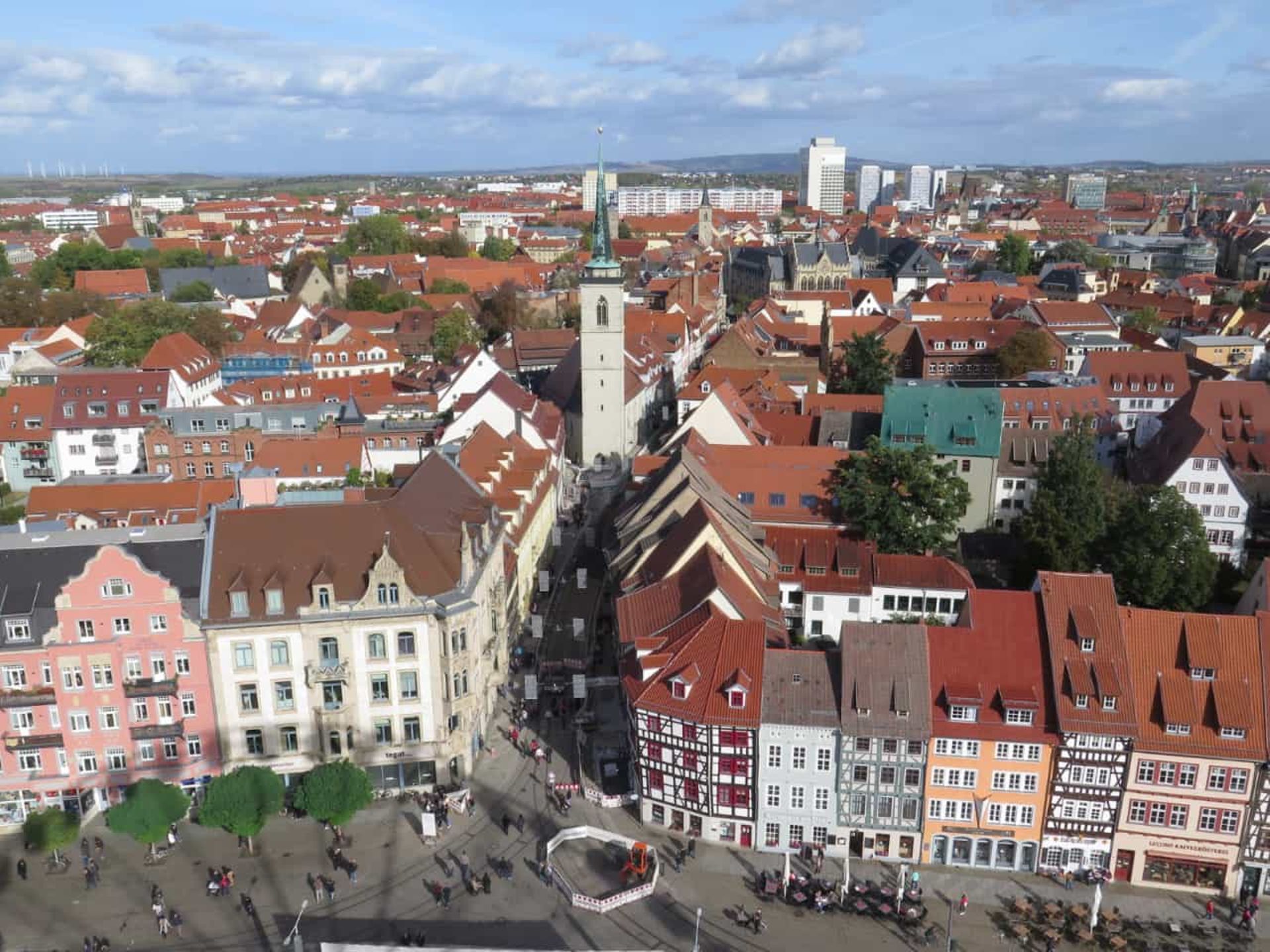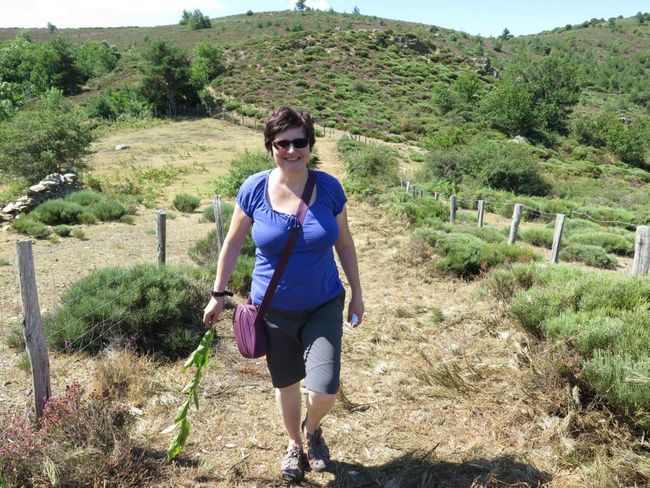2024 - March - Syracuse
Cyhoeddwyd: 27.03.2024
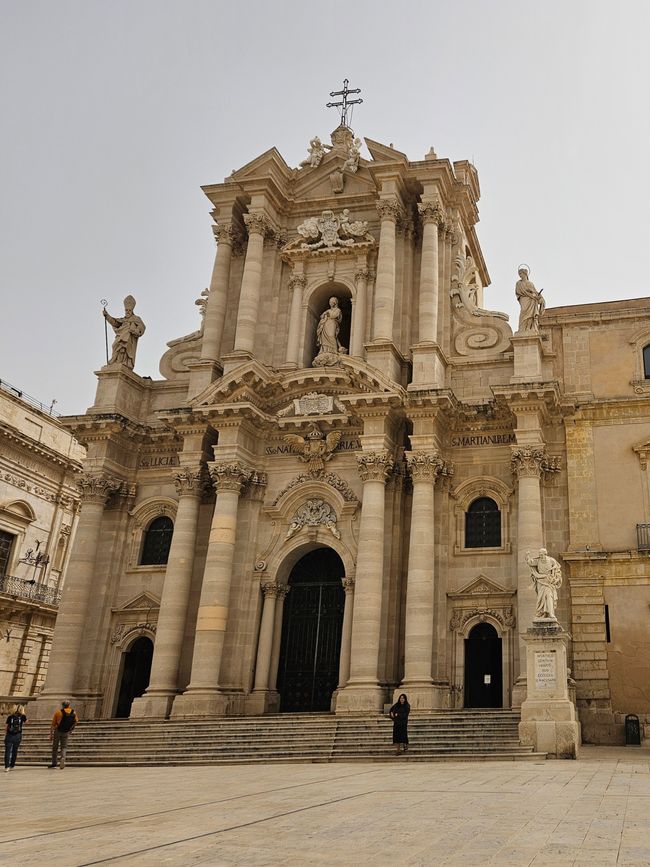
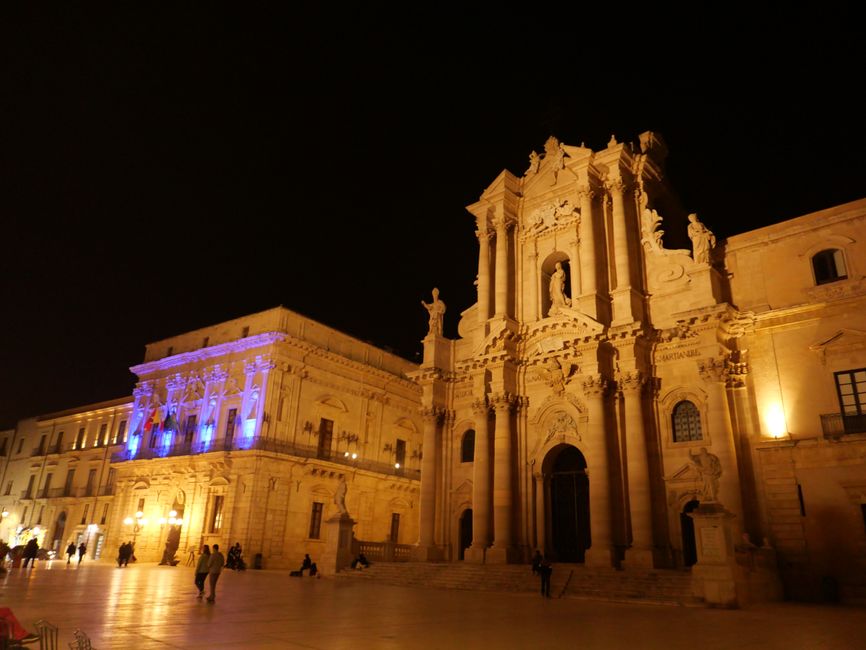
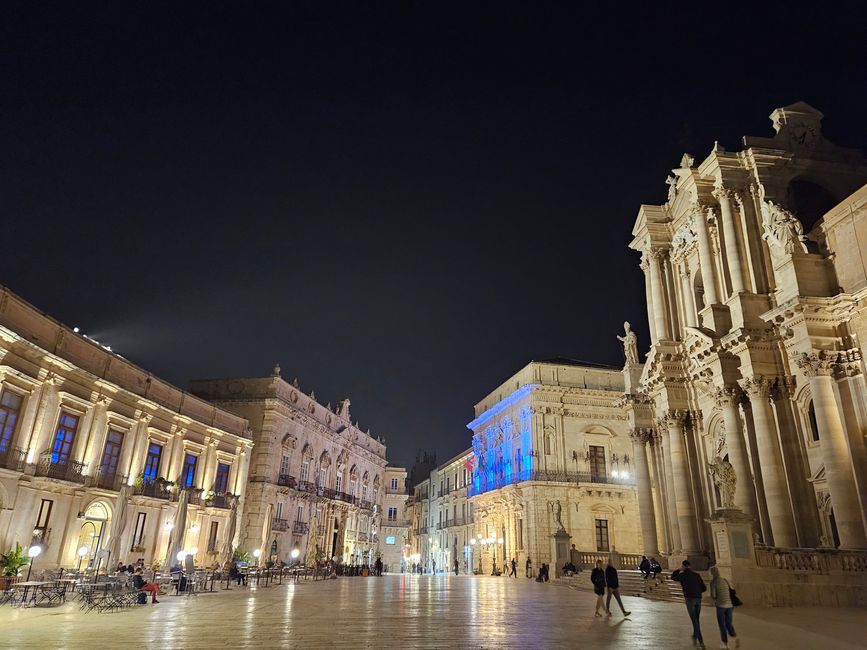
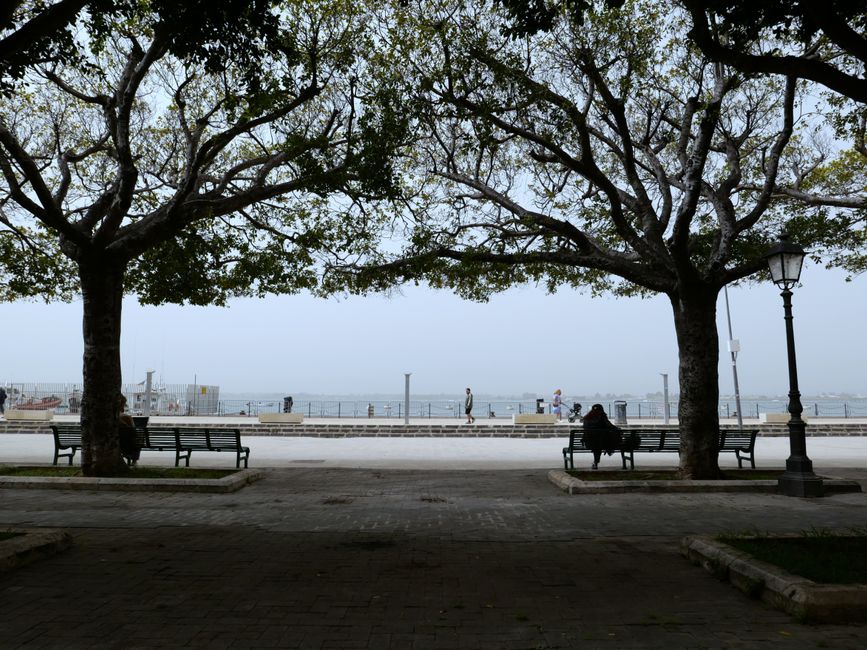
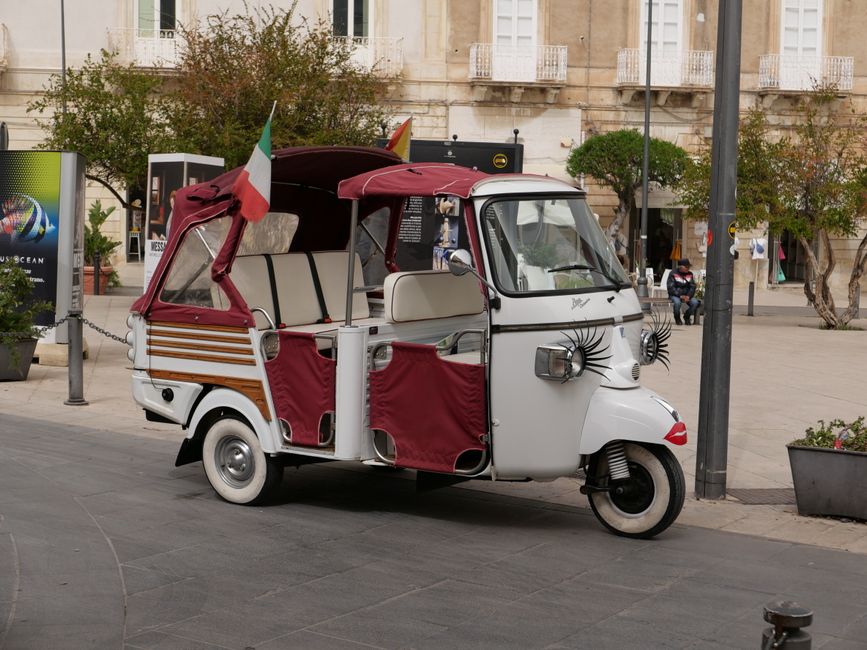
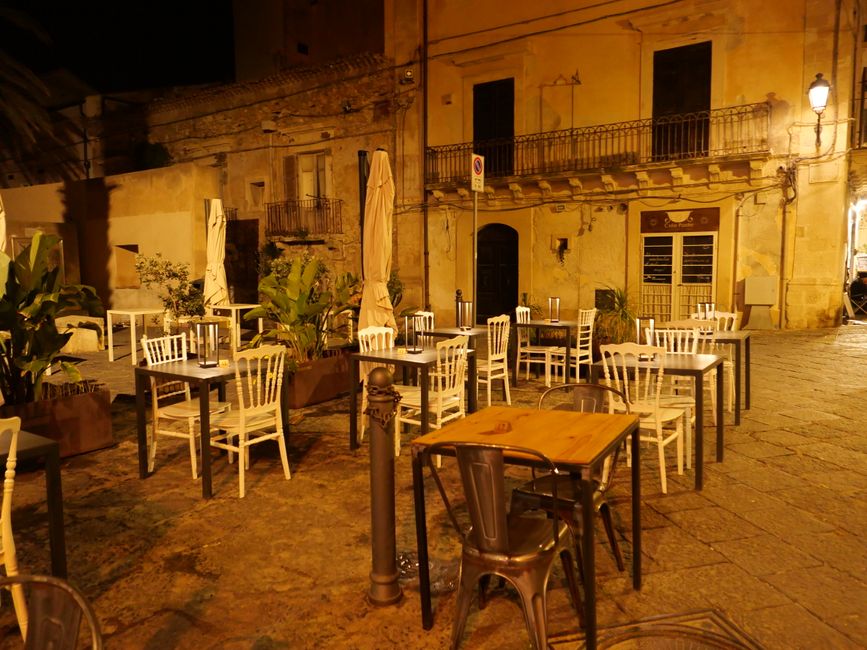
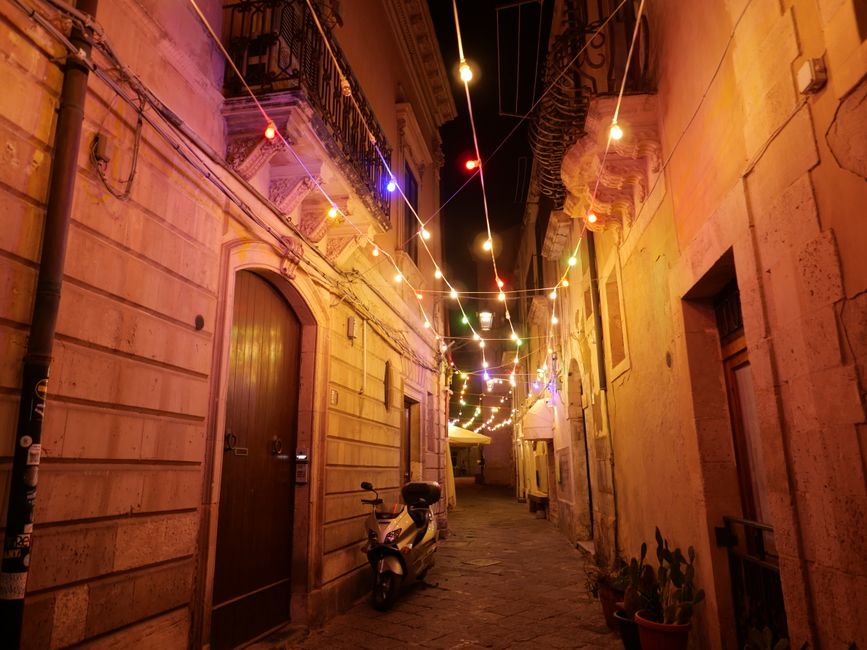
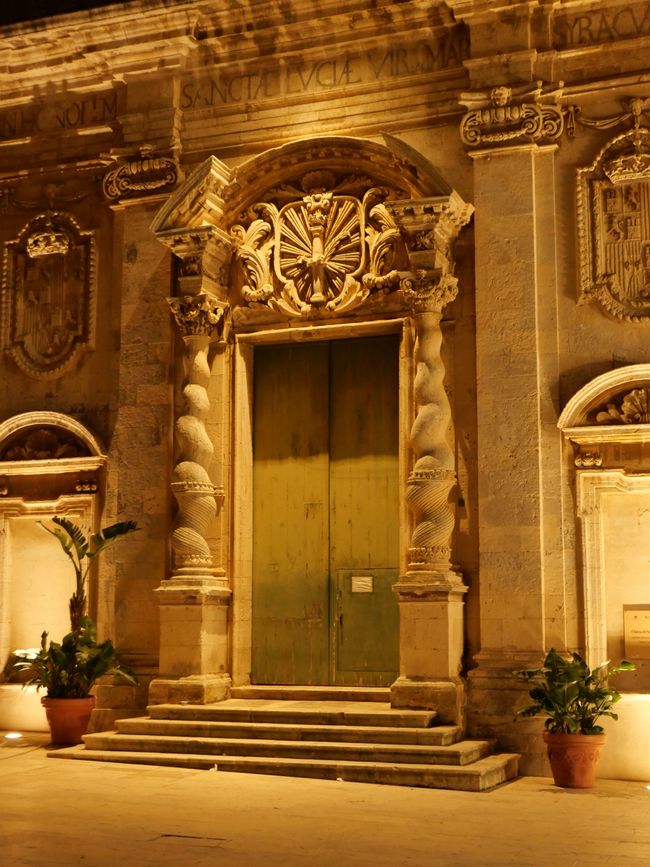
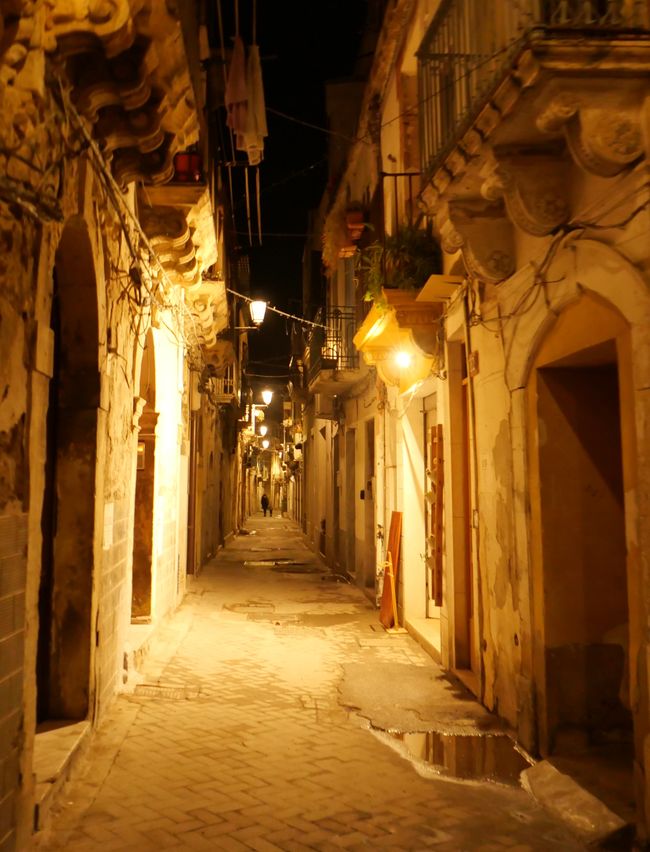
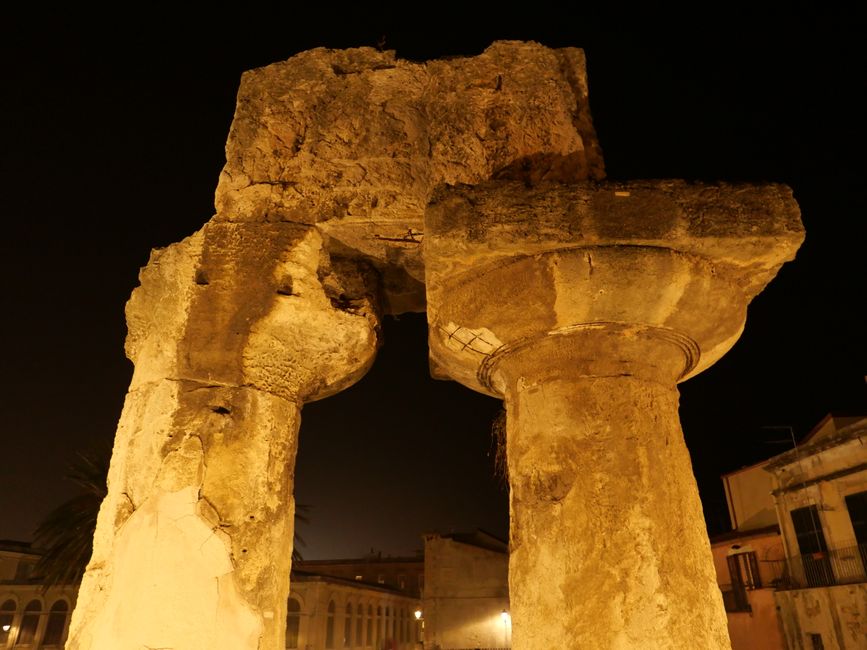
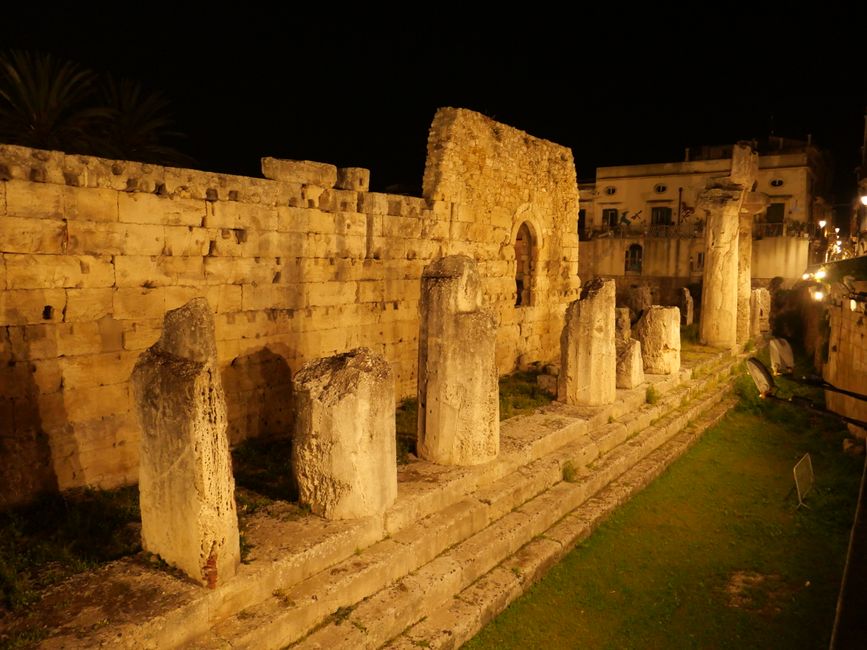
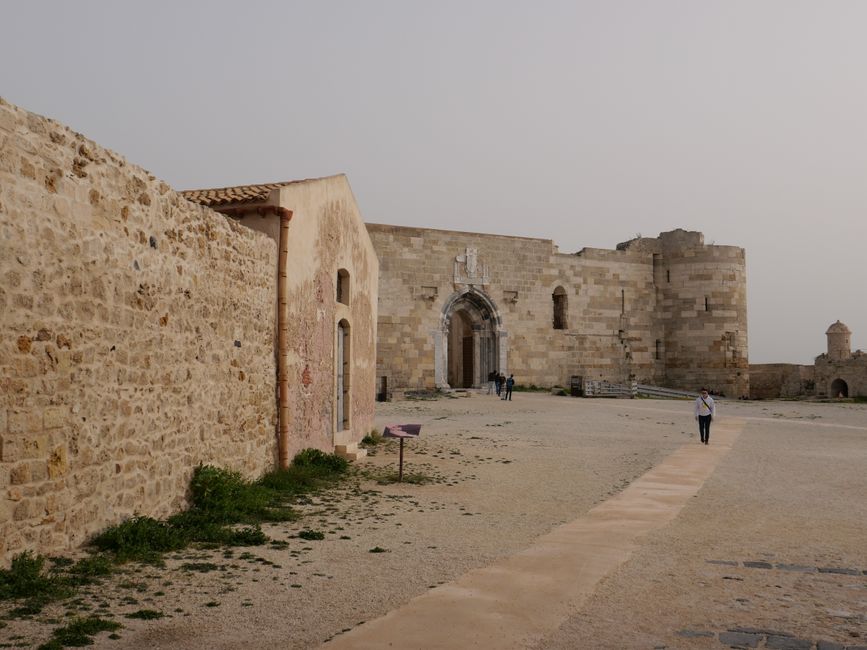
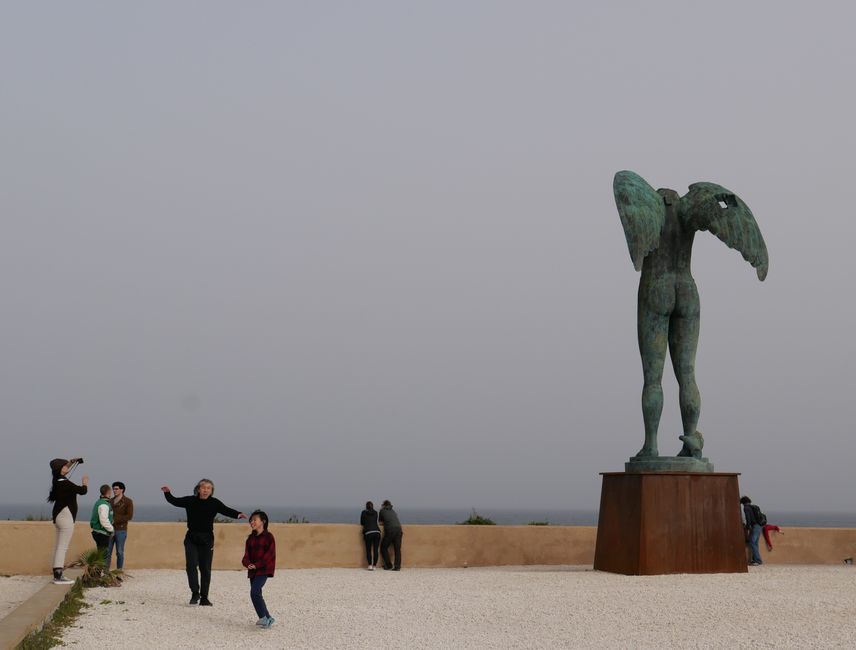
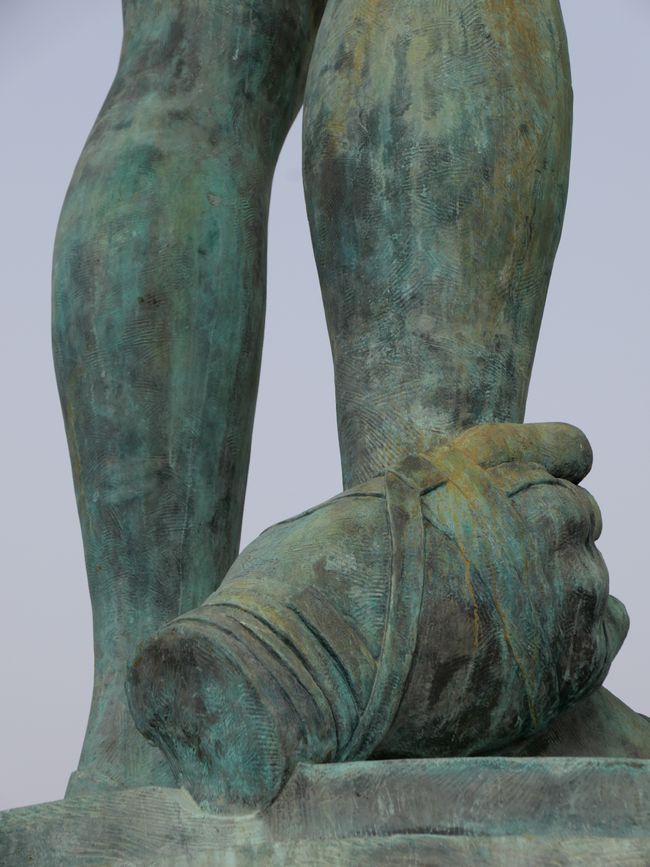
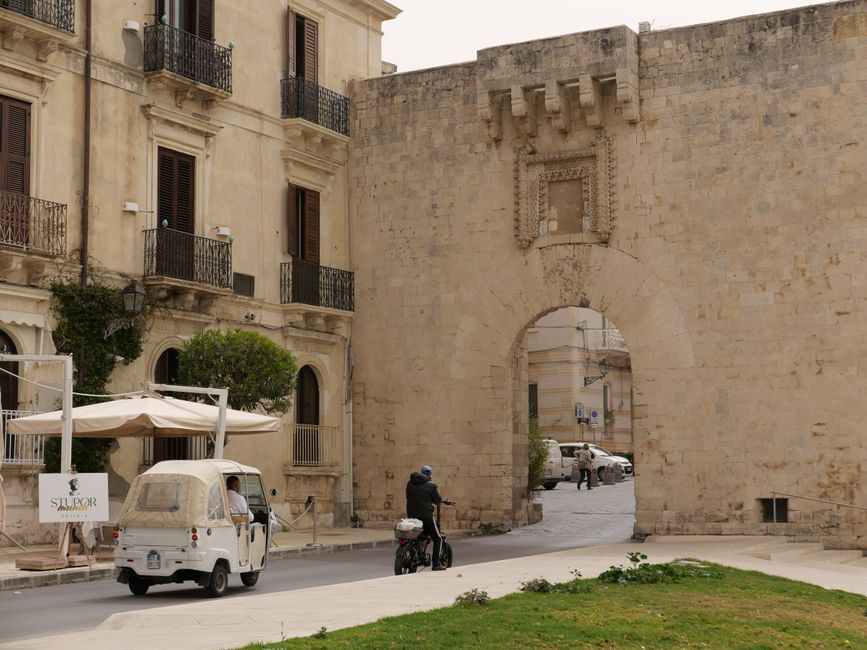
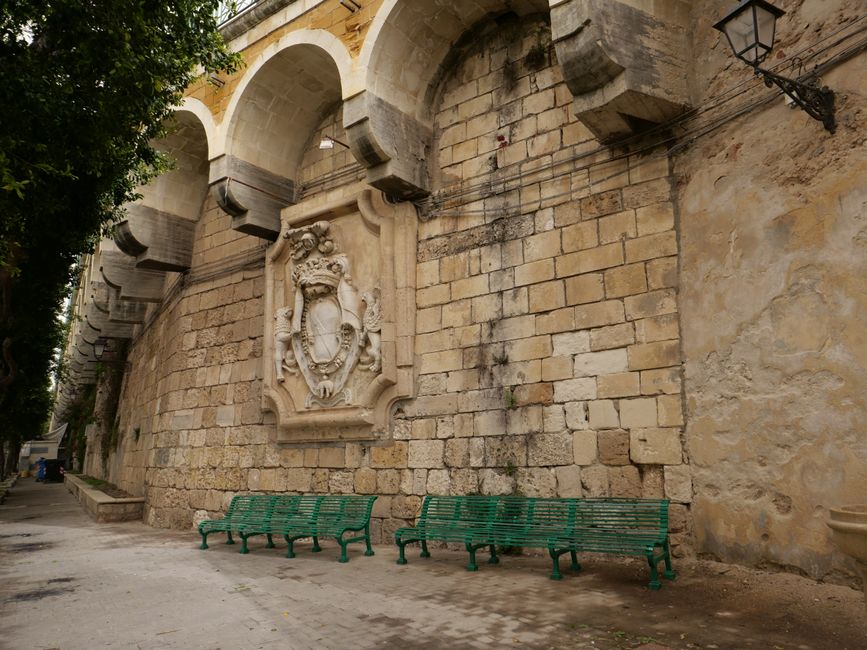
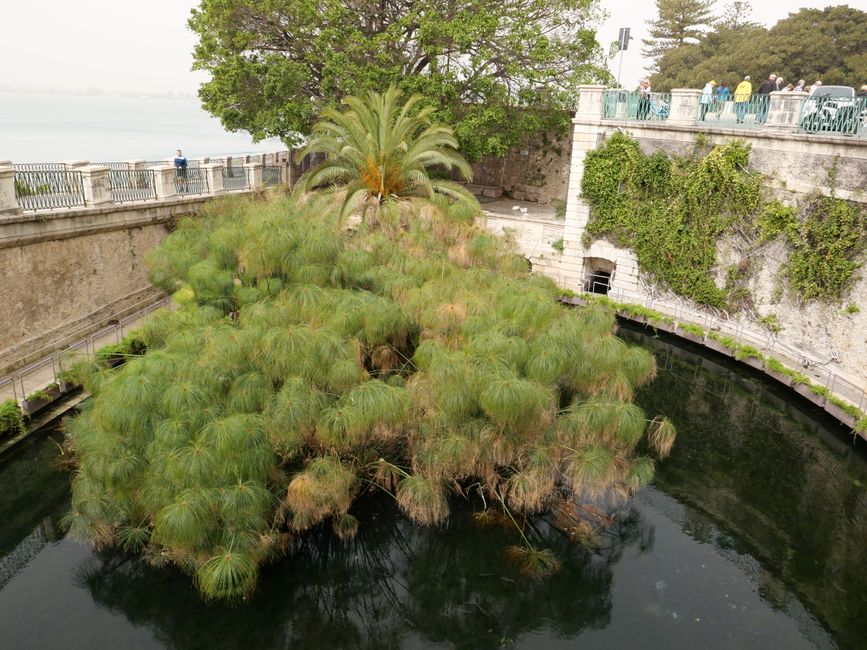
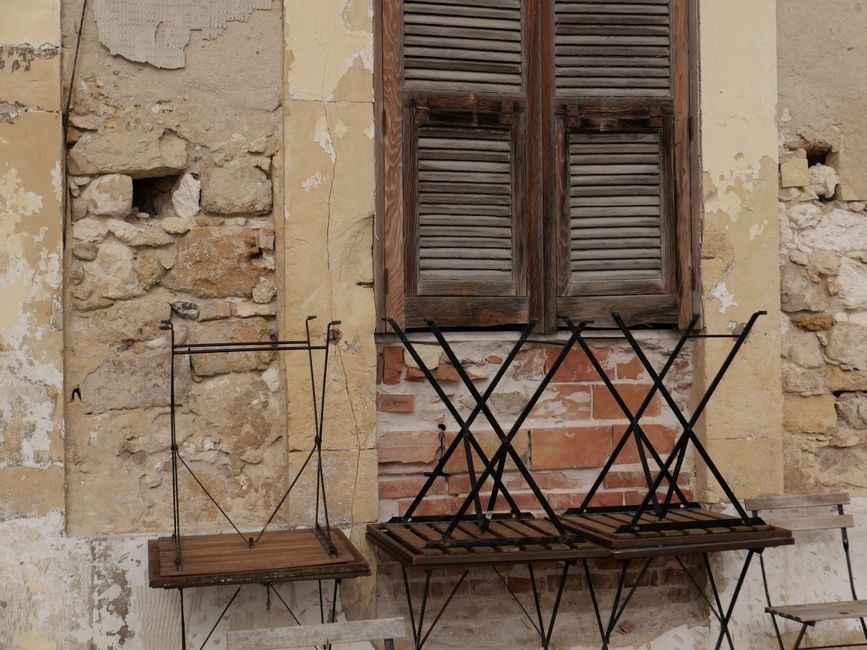
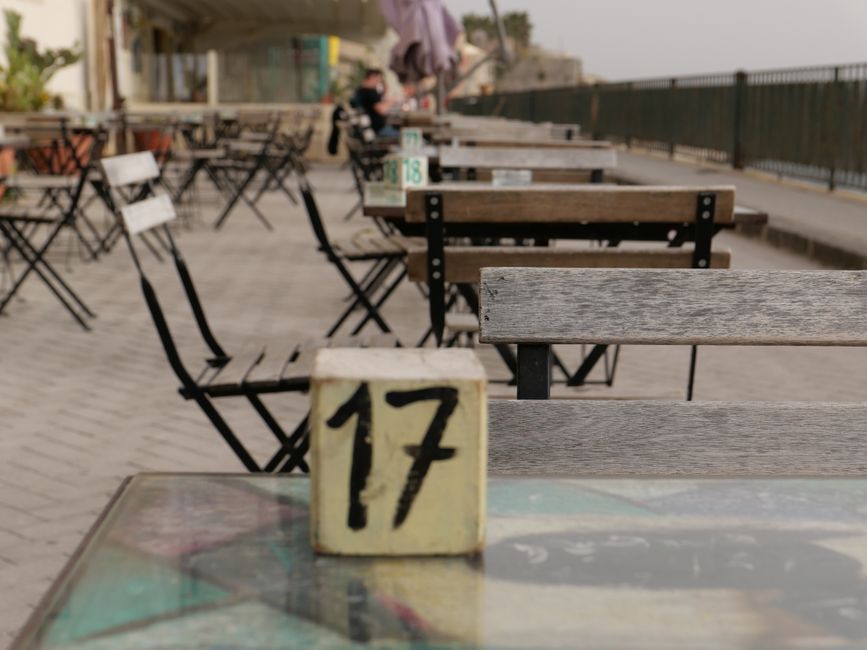
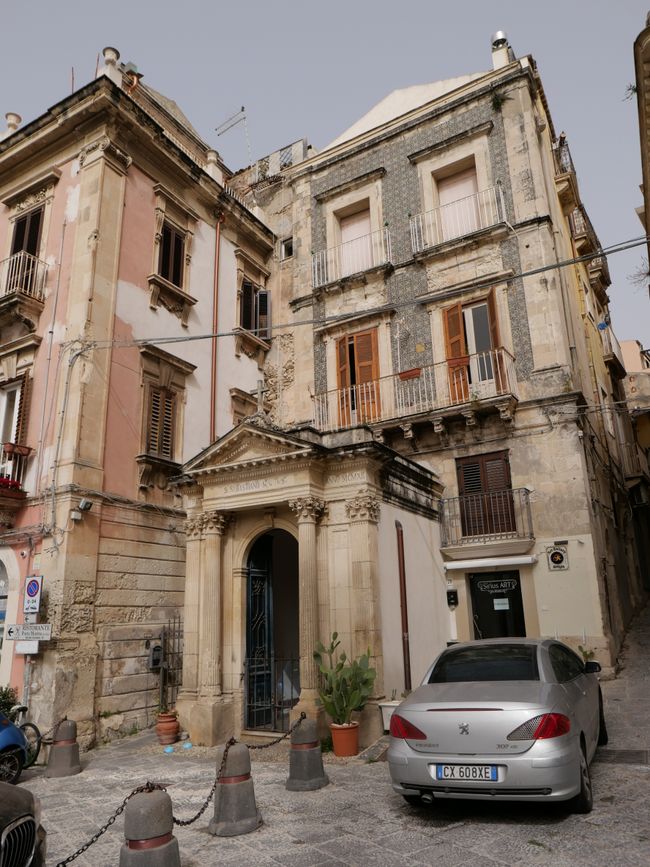
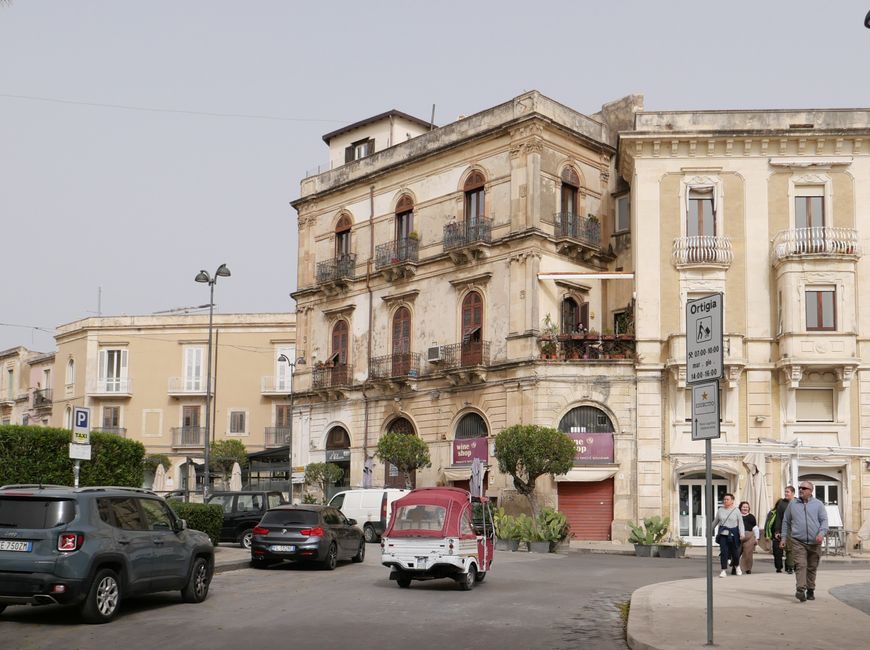
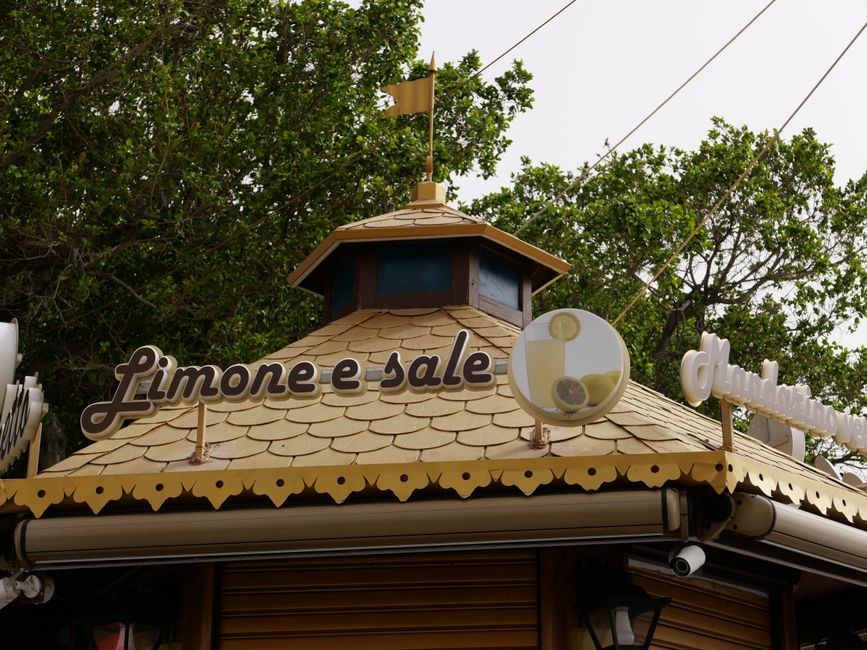
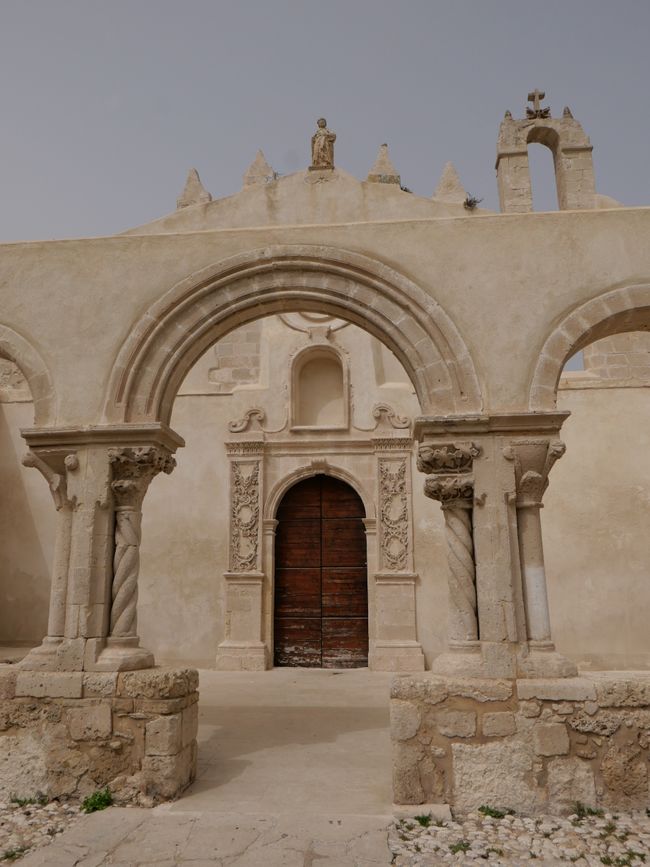
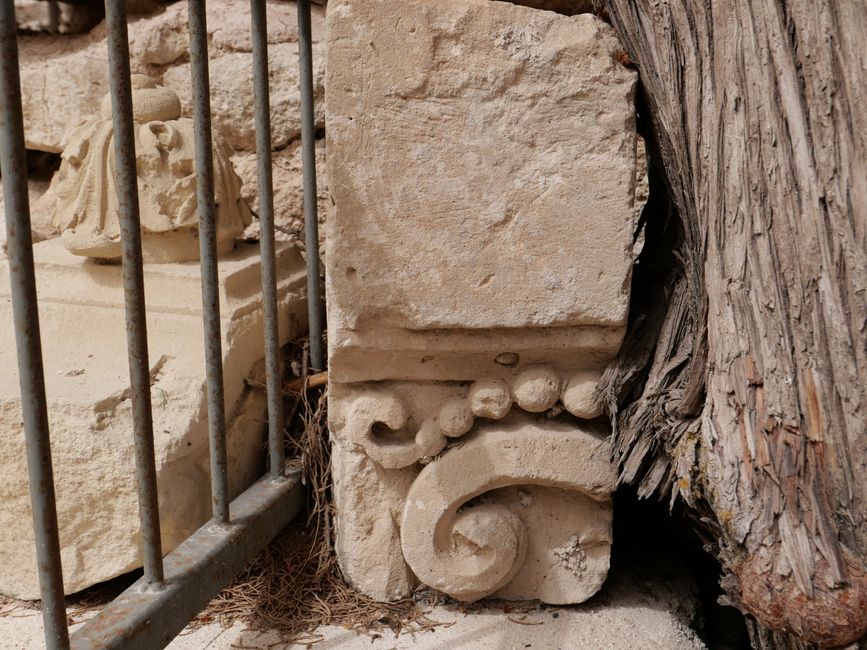
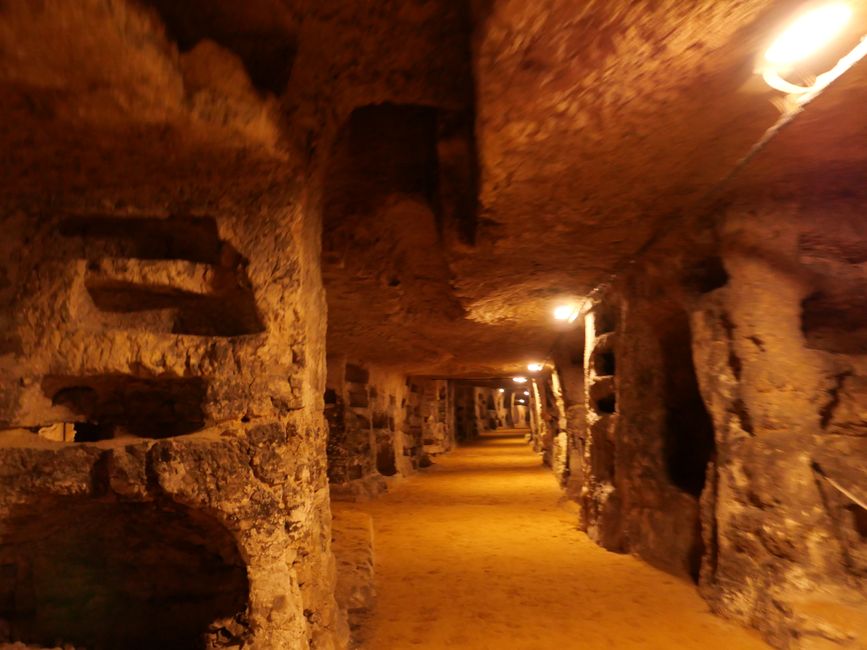
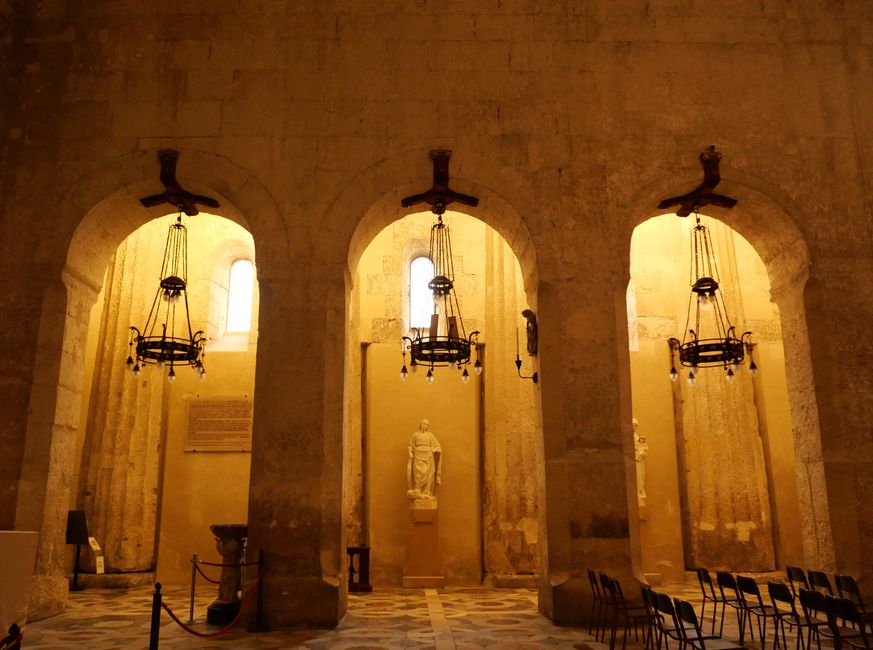
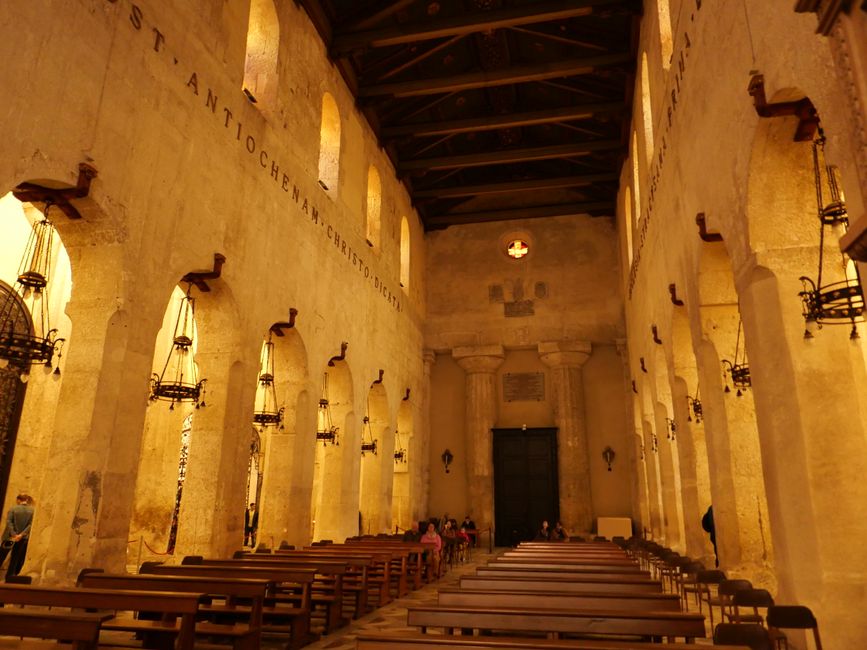
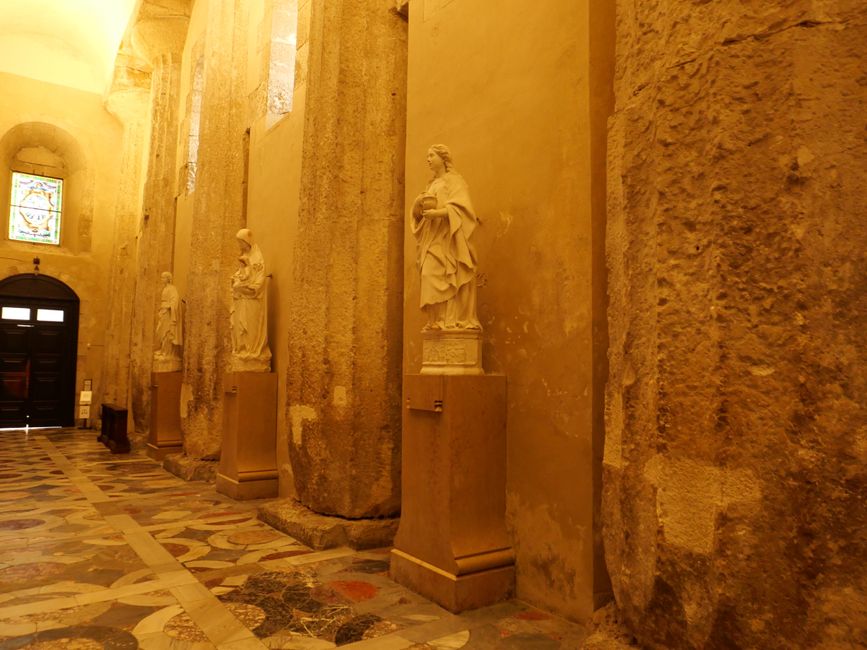
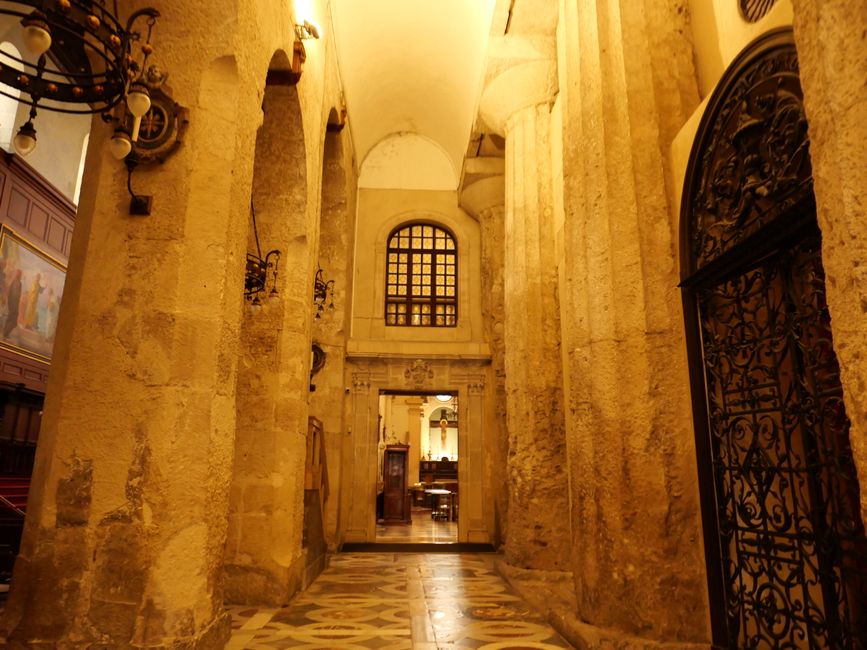
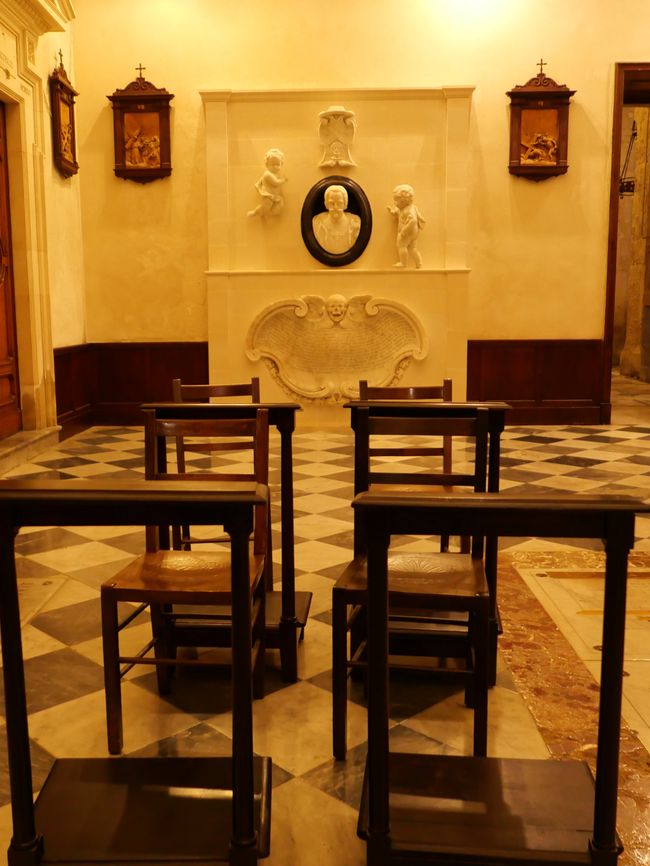
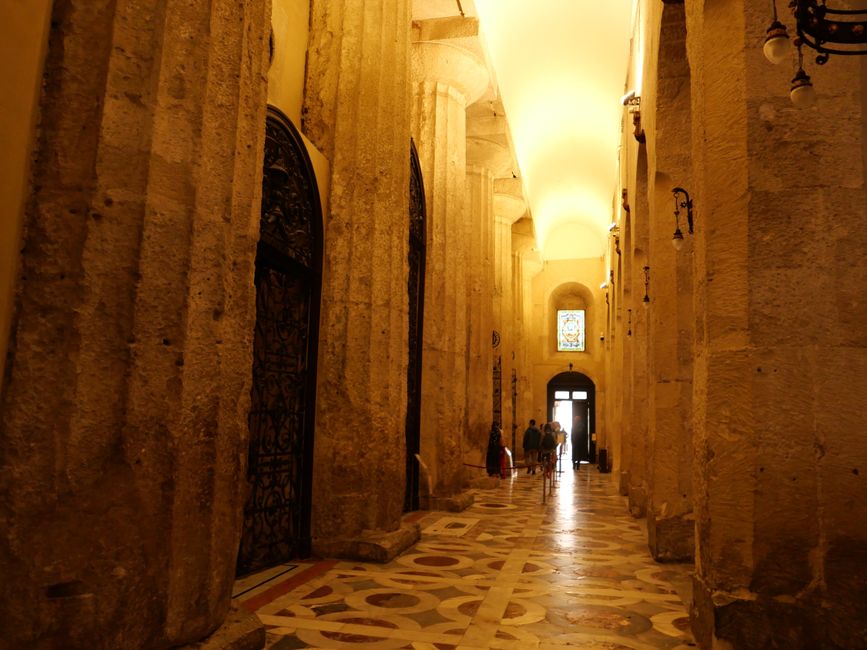
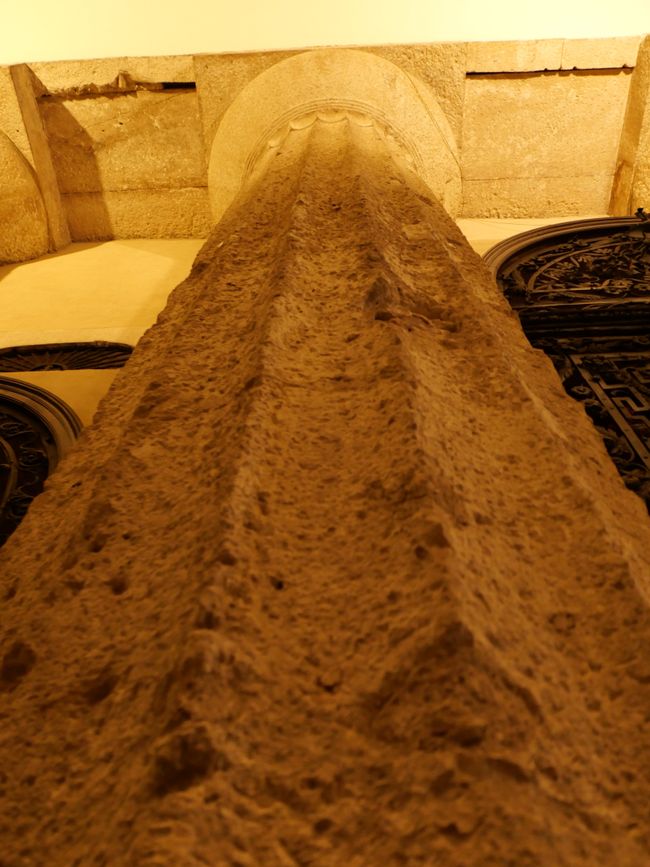
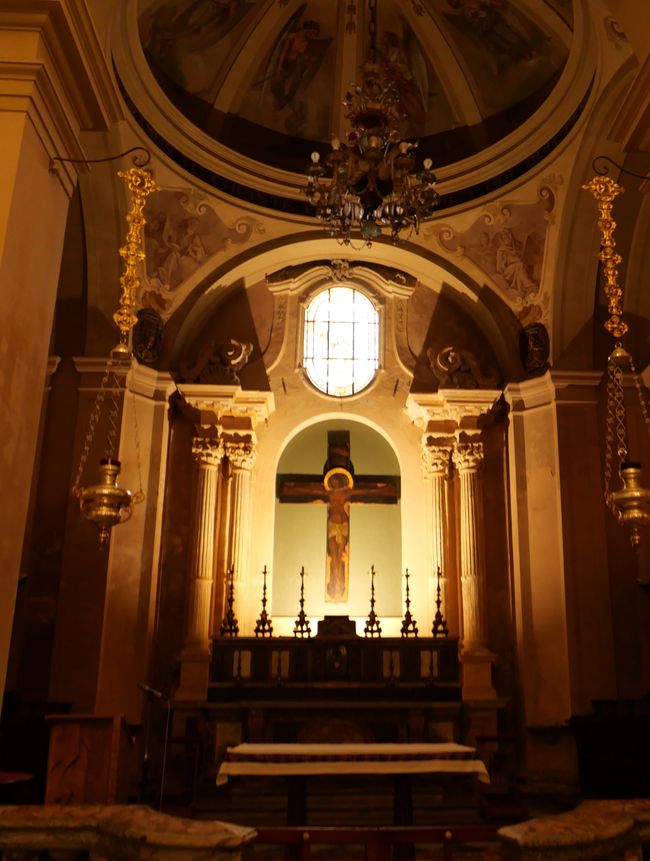
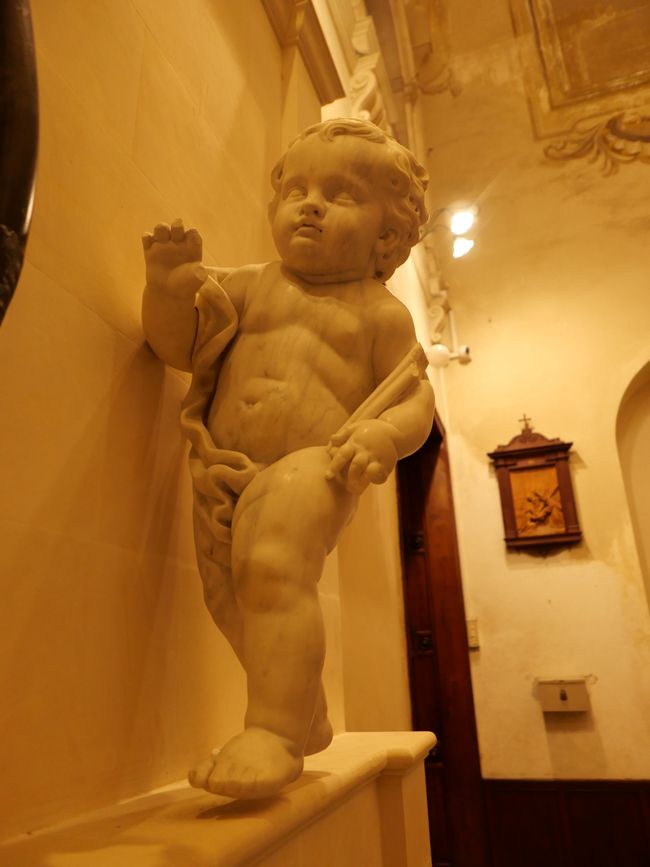
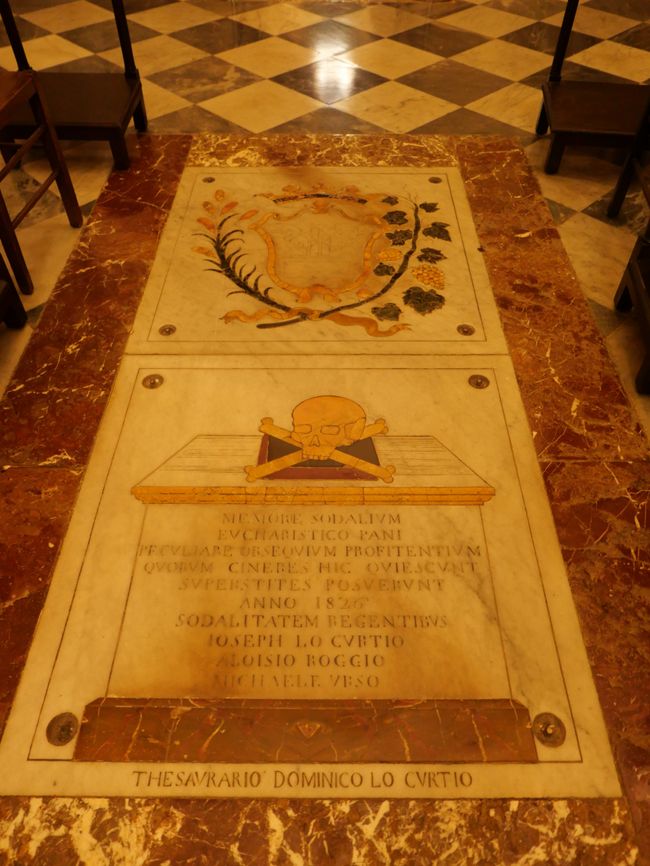
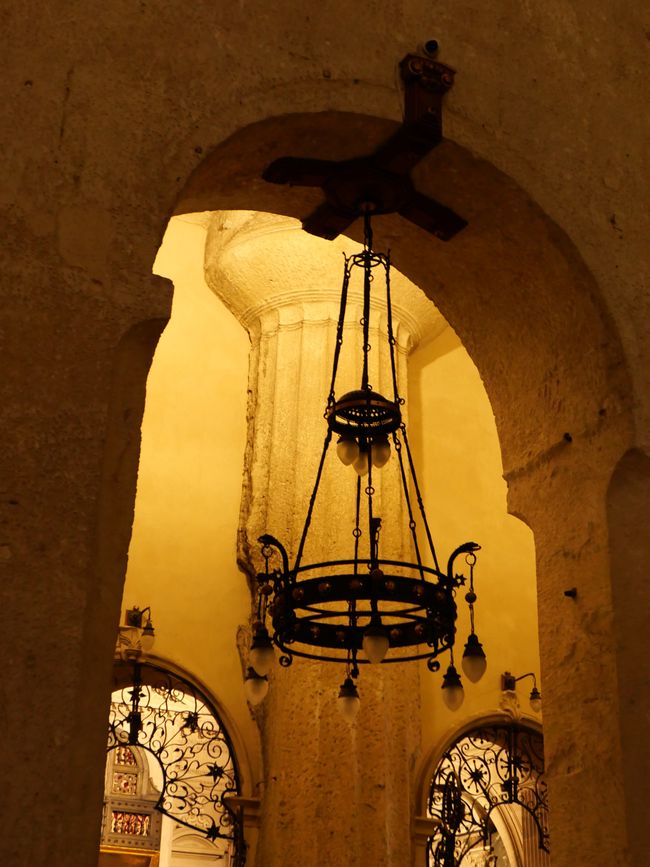
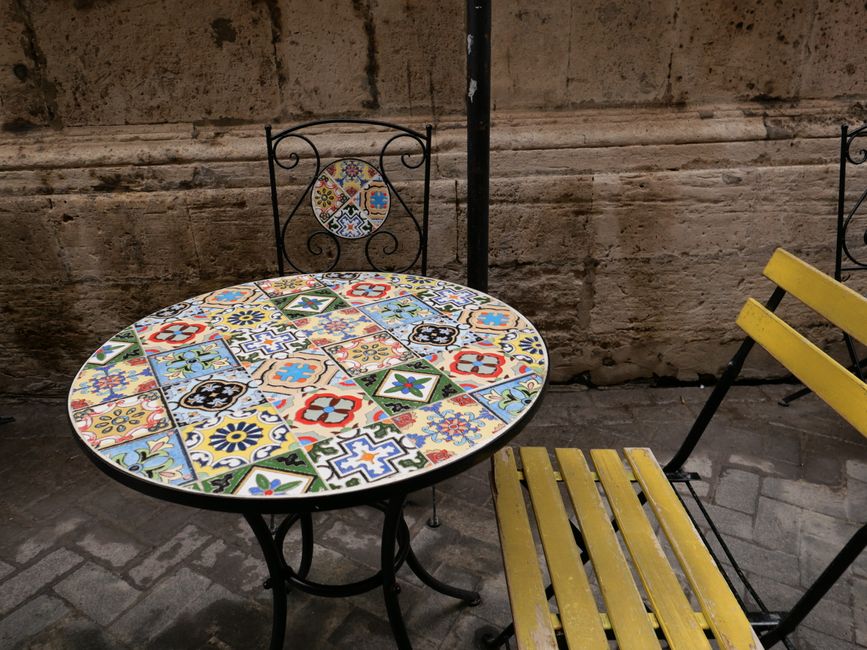

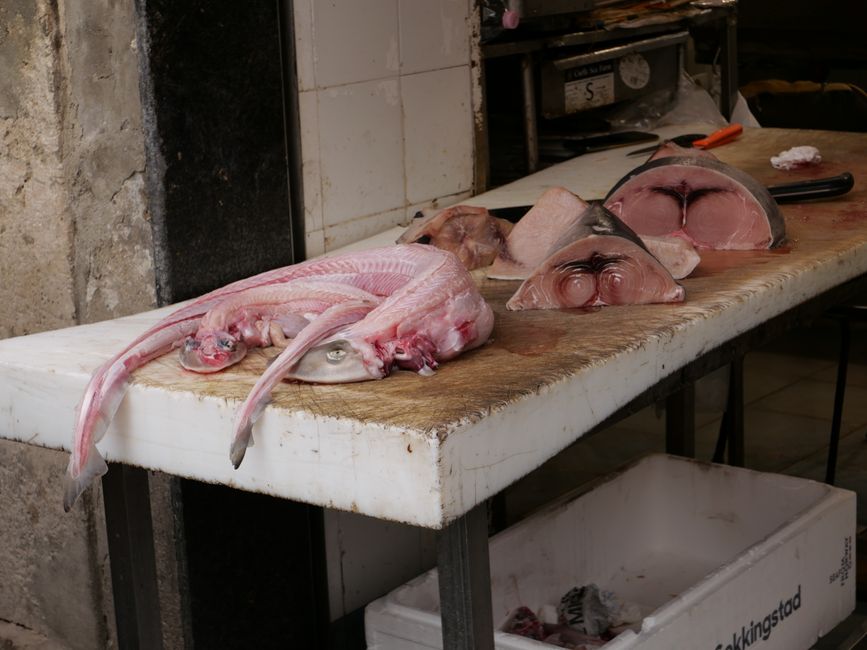

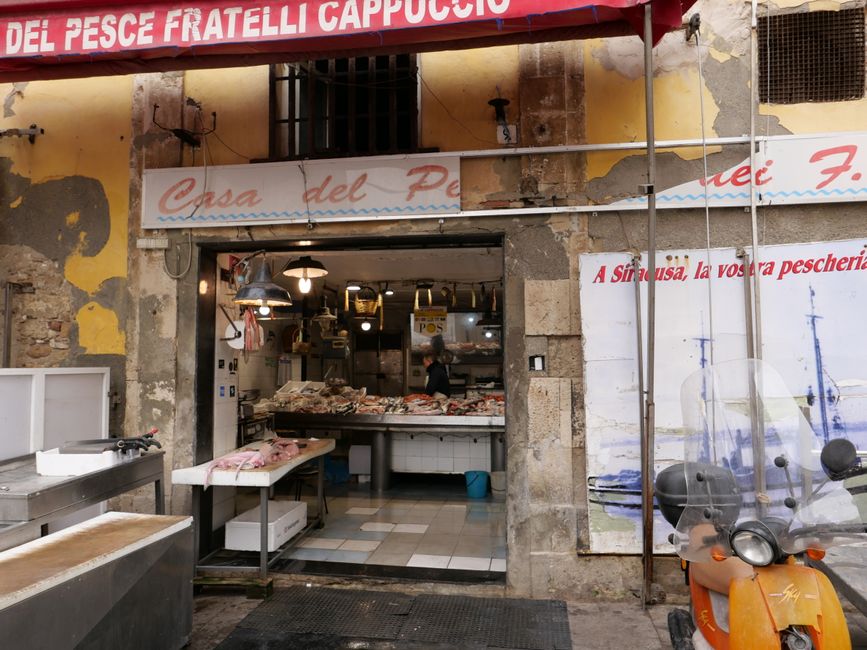
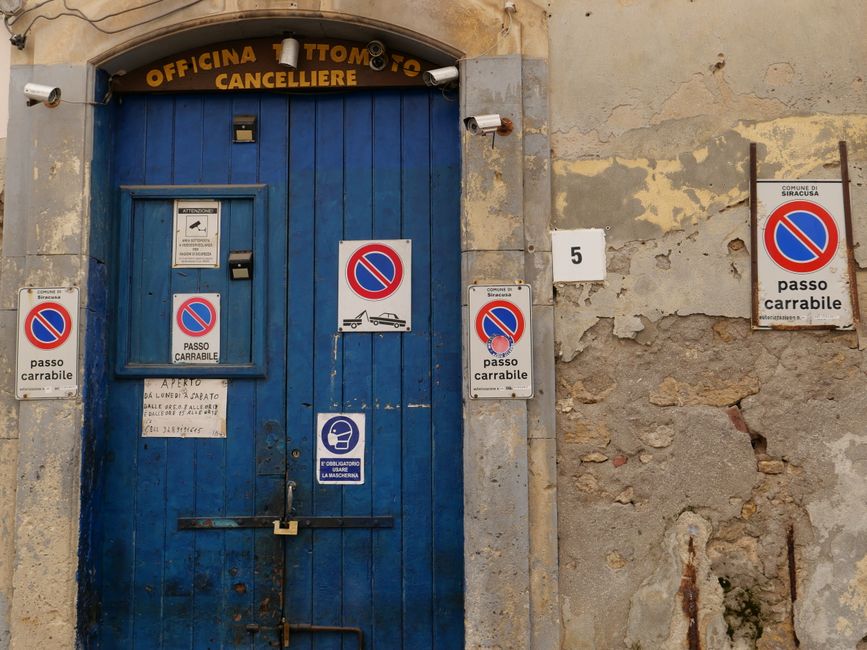
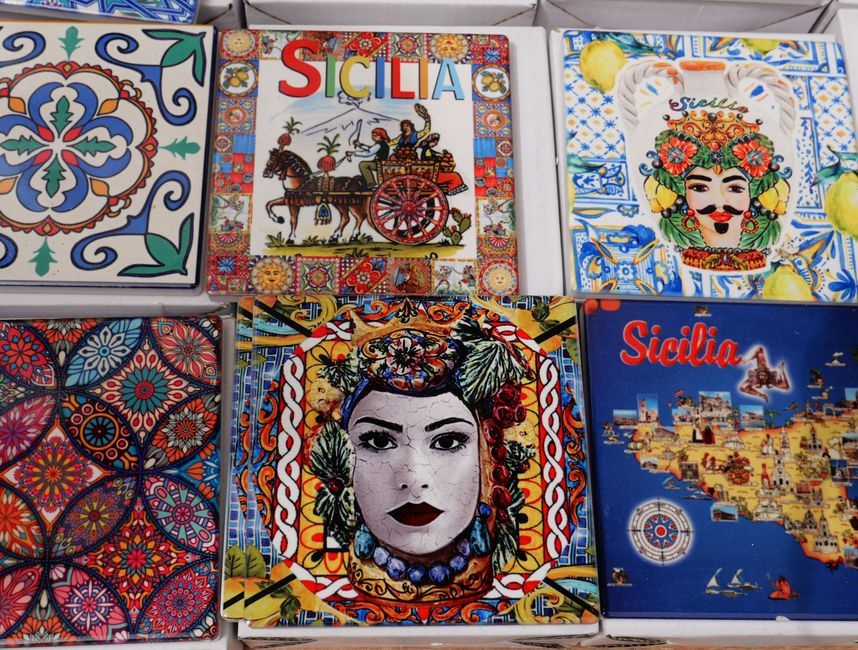
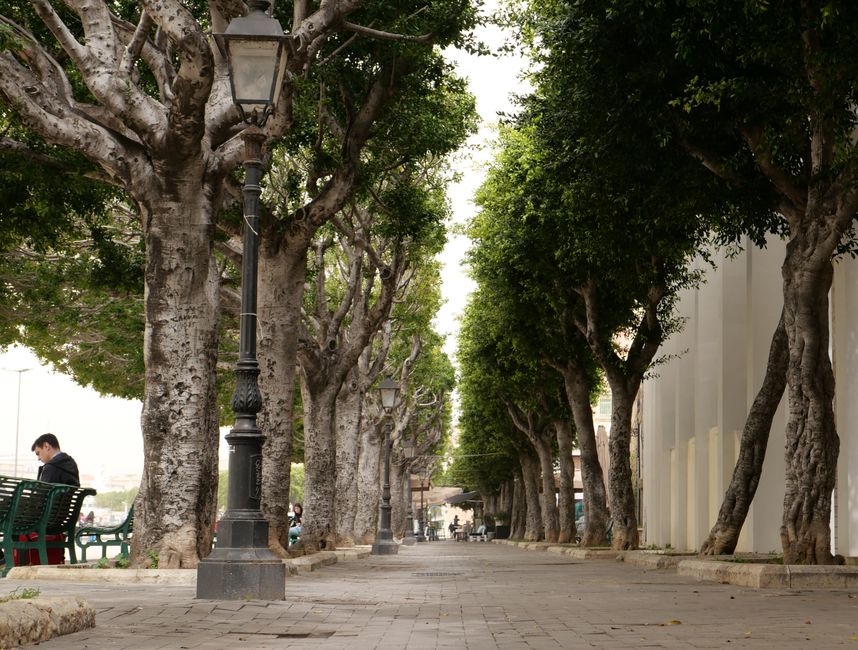
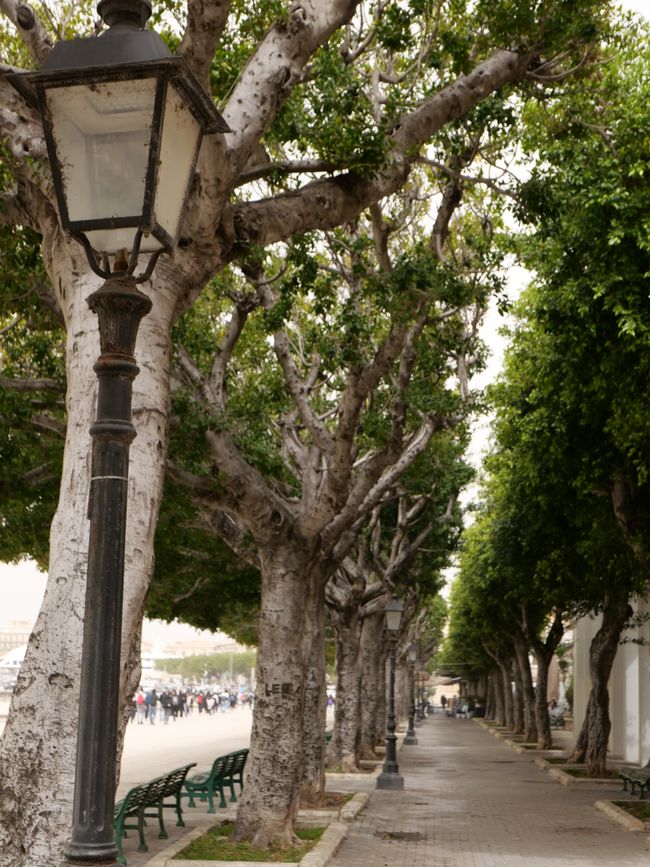
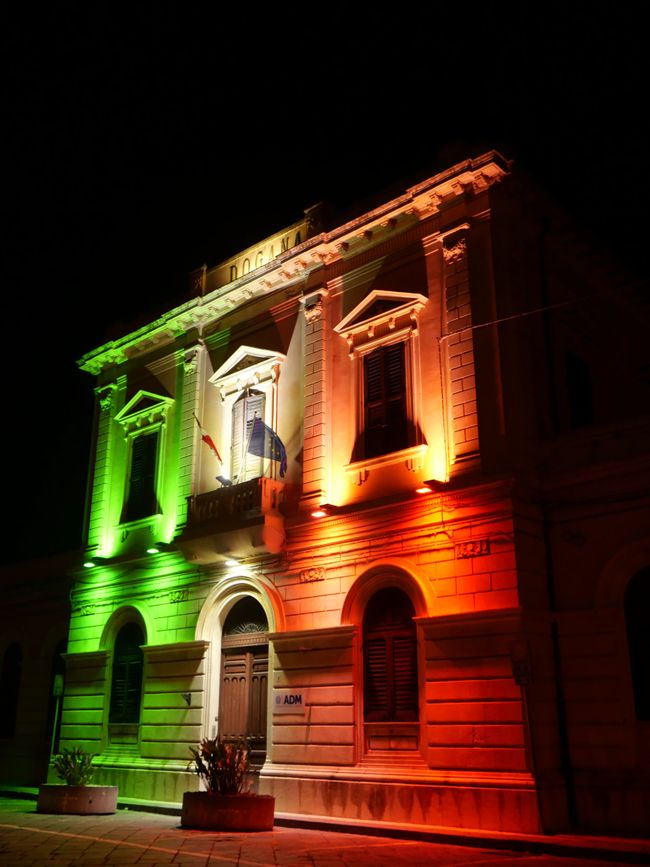
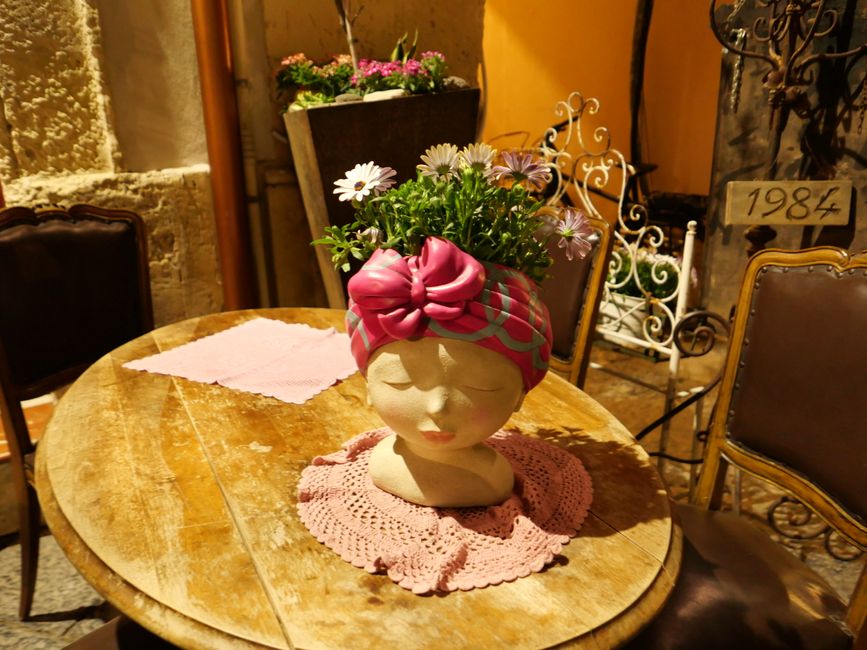
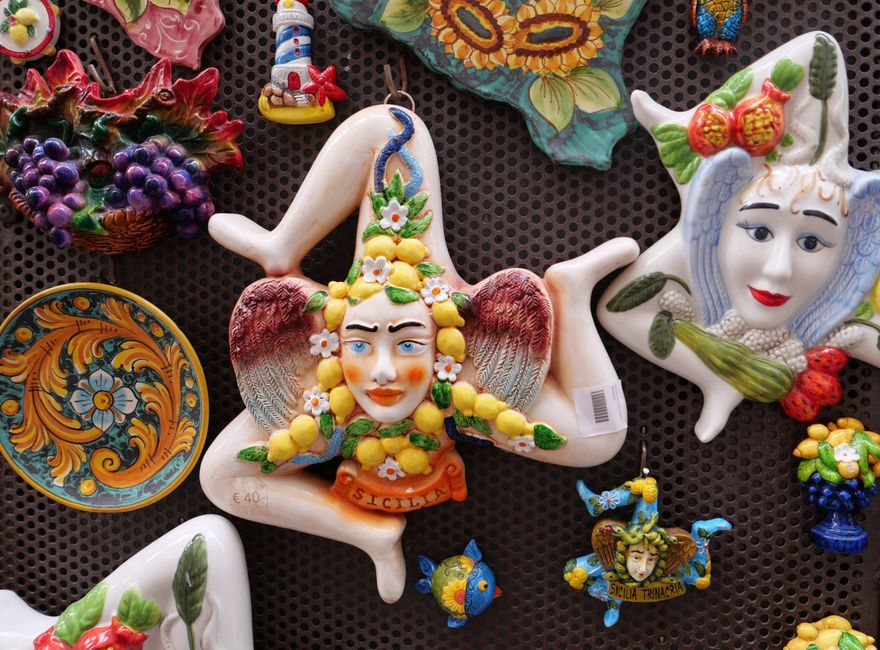
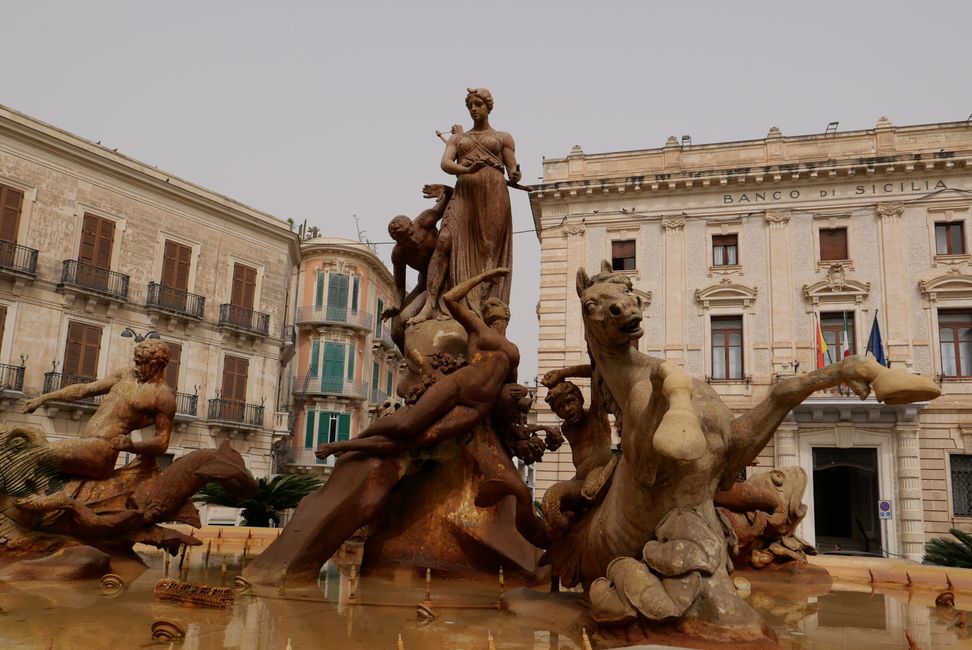
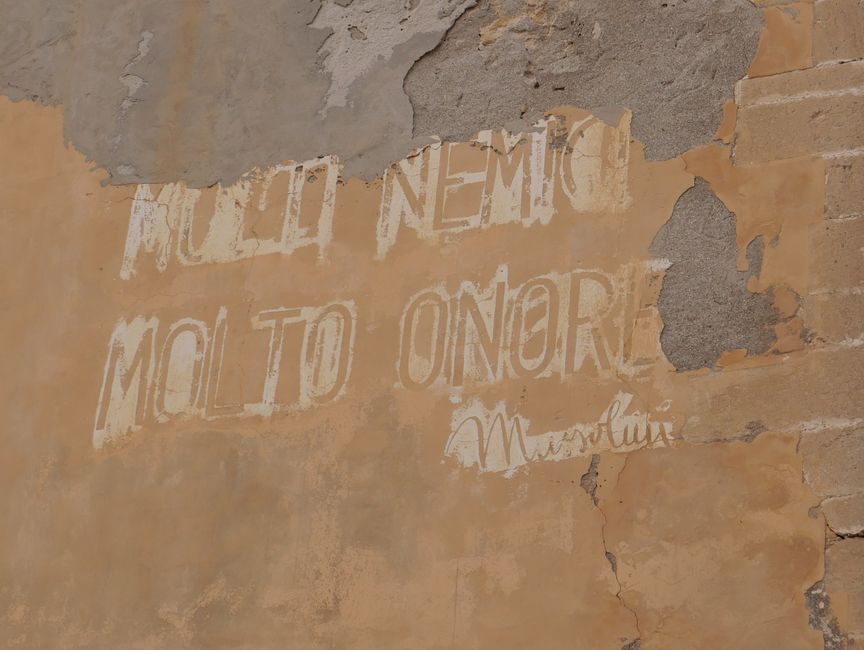
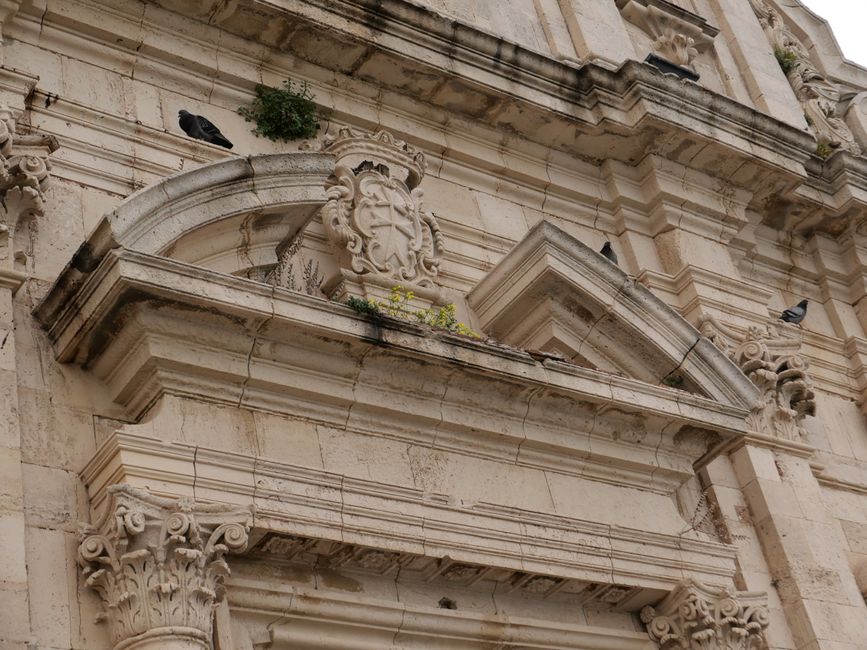
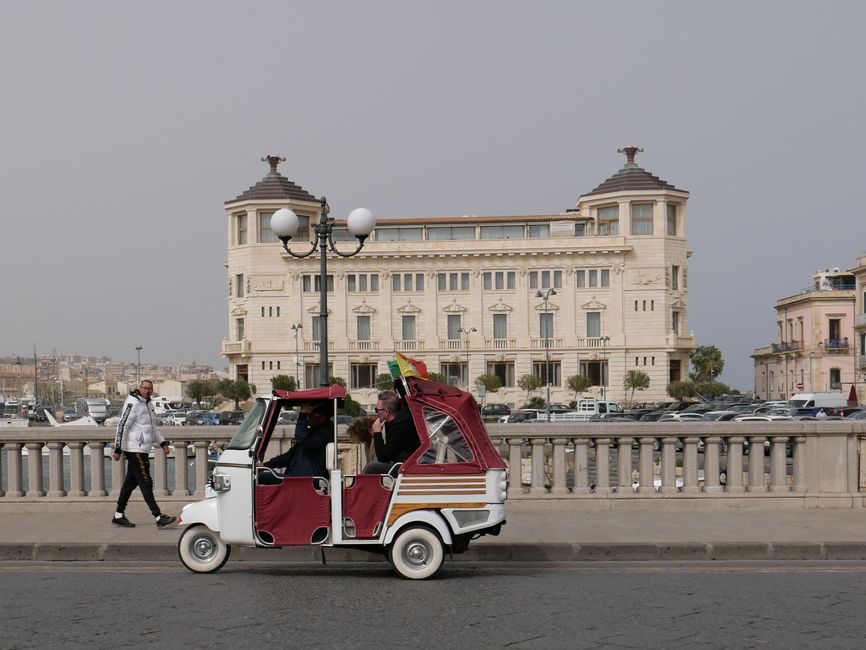
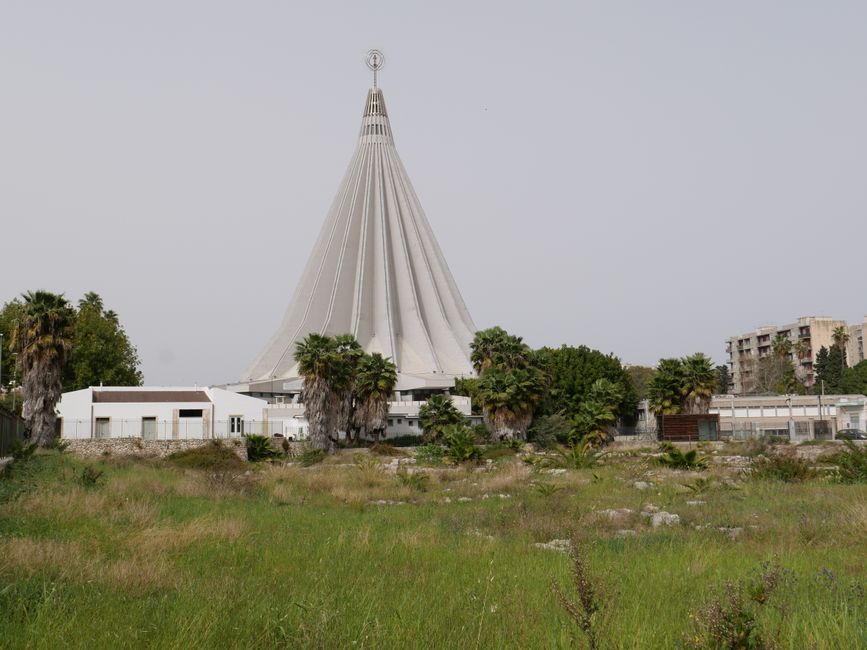
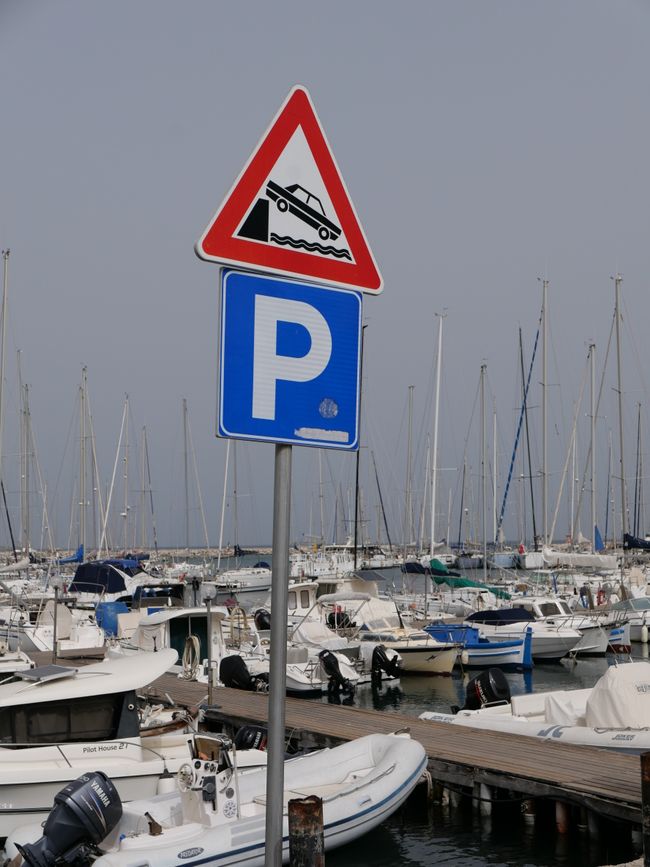
Tanysgrifio i'r Cylchlythyr
Imagine you are taking a journey back in time to ancient times and are still looking for a suitable travel destination. For this tour I would definitely recommend Syracuse. Why? In the 5th century BC, Syracuse was the richest city in the Mediterranean and had an incredible 500,000 (!) inhabitants. Many sources also describe it as the most beautiful city of the Greeks.
Yes, indeed, all of Sicily was Greek at that time. However, the largest island in the Mediterranean is today influenced by many different things. The Romans, the Carthaginians, the Normans, the Hohenstaufens, the Habsburgs... and also the Arabs were here. The latter conquered the island in the 9th century. This led to the development of the new capital Palermo and Syracuse lost its status and importance.
Incidentally, Sicily was only united with Italy in 1861 and Syracuse today has only 122,000 inhabitants.
Anyone visiting the city these days will of course want to follow all these historical traces. A great way to do this is the Archaeological Park of Syracuse. However, we had to skip it due to lack of time and bad weather. The park is also said to be so big that you should spend a whole day there.
Instead, we visited another highlight: the Cathedral of Syracuse, "Santa Maria delle Colonne". It has a very special feature. The Temple of Athena, which was one of the most beautiful in all of Greece, stood on the site of the current cathedral. The statue of Athena that goes with it used to greet arriving ships.
Although the Normans built a cathedral here in the 7th century, several columns from the Greek temple were preserved and incorporated. A strong earthquake in 1693 caused some parts of the building to collapse and the cathedral was subsequently partially redesigned in the Baroque style. You can still admire the Greek columns, on the left side inside and outside, on the right side only inside.
After this first highlight, it is worth simply strolling through the fairly compact city center. You will more or less automatically come across the important sights. For example, there is the Fonte Aretusa, a spring in which papyrus plants grow, or the Tempio di Apollo. This is the ruin of a Greek temple from the 6th century BC.
There is also a tiny bathing area in the city center, which is connected to a promenade with many benches.
A little further away, but within walking distance, you will find the catacombs where the early Christians buried their dead. The catacombs are huge and can only be visited as part of a guided tour.
Unfortunately, we didn't have perfect weather during our visit. But if you ever visit Sicily, Syracuse should still be on your bucket list.
Tanysgrifio i'r Cylchlythyr
Ateb
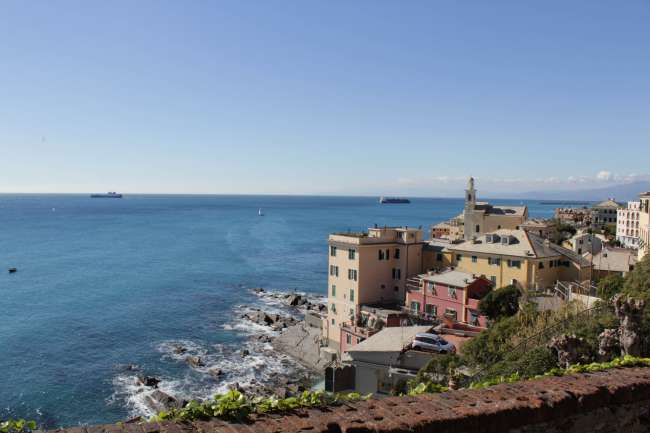
Adroddiadau teithio Eidal
